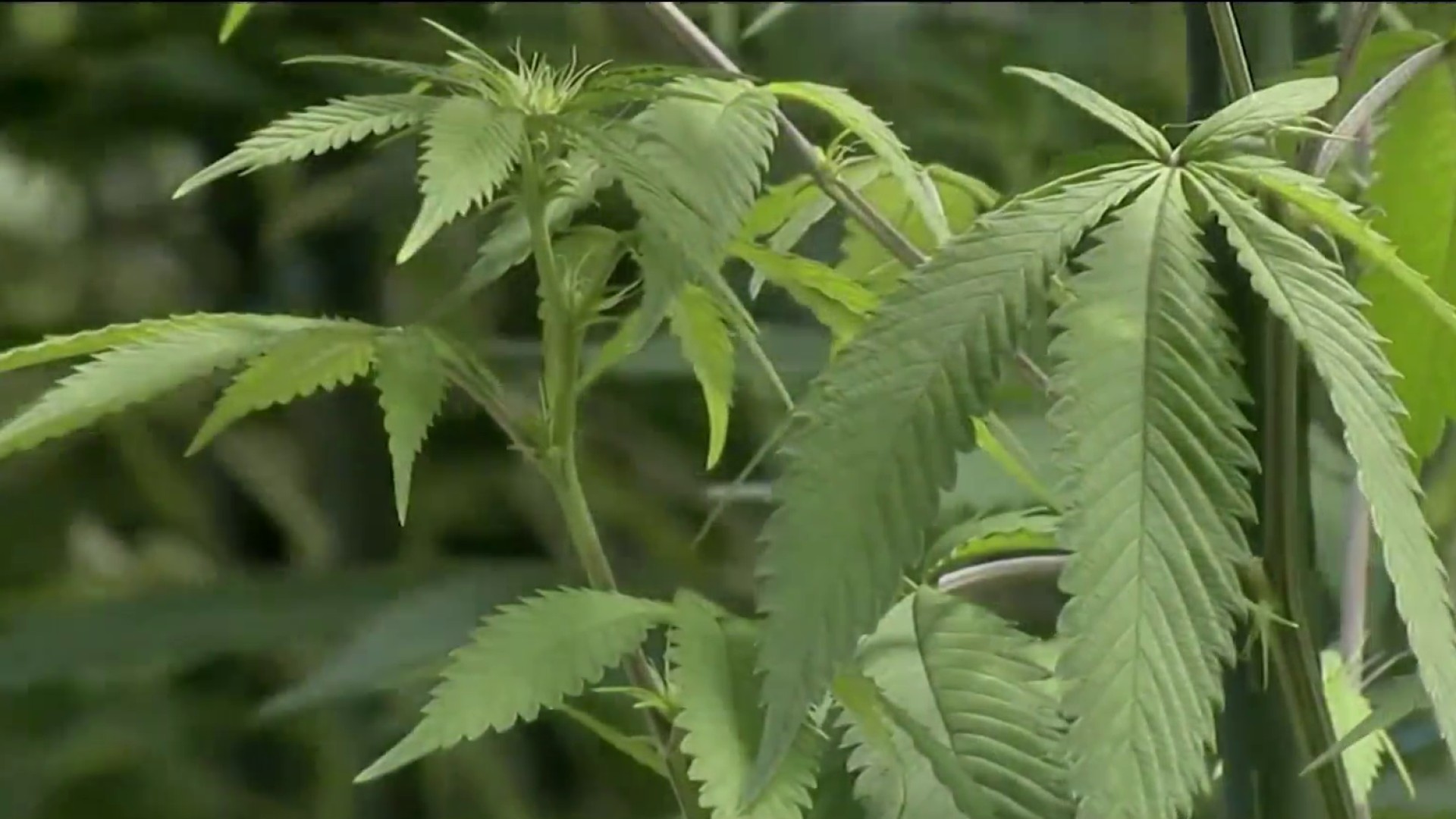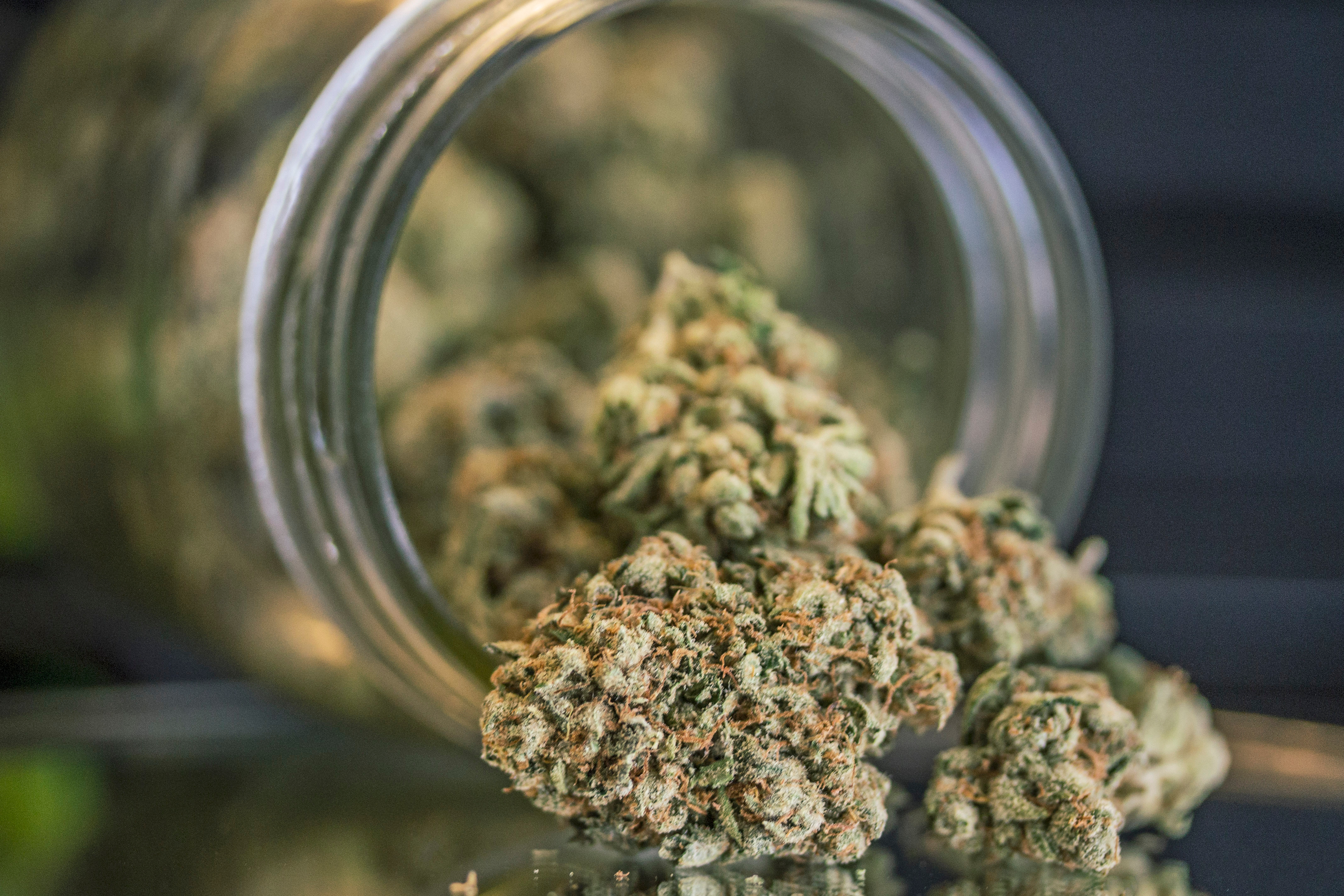After 50 years of chronic back pain, Burnadett Preaster discovered medical marijuana. She says it changed everything—most importantly, it made her pain more manageable. Now, like many patients, she believes it is long past time health insurers cover the cost of medical marijuana in their plans.
“Basically, I feel cannabis, medical cannabis is helping me get my life back,” she said.
WATCH ANYTIME FOR FREE
>Stream NBC10 Boston news for free, 24/7, wherever you are. |
Preaster specifically sought Dr. Ben Caplan. That was nine years ago, the family physician has been prescribing medical marijuana for her ever since.
“She was sick of taking pills,” Caplan explained. “She wanted a solution that made her feel good, but also helped her ailments.”
Get updates on what's happening in Boston to your inbox. Sign up for our >News Headlines newsletter.
These days, Caplan worries the introduction of recreational cannabis in the state’s dispensaries means people with legitimate health problems are prescribing their own medical remedy or seeking guidance from whoever is behind the counter.
“These people at the dispensary who are advising people with medical illness are not trained to do that,” Caplan said.
People who don’t want the hassle of making an appointment with their doctor to access cannabis can now skip that step and get in a line accessible to any adult. There may be added incentive to bypass the doctor because insurance won’t cover the cost of the prescription anyway.
Former Blue Cross Blue Shield Chief Executive Bill Van Faasen says he expects things to change soon for patients like Burnadett Preaster, in Massachusetts and across the country.
“There’s going to be a tsunami of consumer demand that is going to force health care providers, health insurers, to respond to the interest of their customers,” Van Faasen said. “It's [medical marijuana] a more effective, safer—and cheaper in many respects—therapy than the approved therapies, the synthetic therapies that are out there.”
Preaster has been prescribed opioids in the past to manage her pain. She says the side effects and the risk of addiction were turn-offs. Her regimen of medical cannabis is giving her better results. And while the price of opioids is costlier than cannabis, Preaster is paying more out of pocket because her health insurer covers the more expensive drug, not the less costly one.
Cannabis is on the federal government’s Schedule I, which is a list of “controlled substances” with no “currently accepted medical use in the United States.” Schedule I also includes heroin and ecstasy. It’s the scheduling that makes cannabis an untouchable issue for health insurers. However, some are hopeful public policy will catch up with public sentiment and the federal government will reschedule cannabis to a different, less ominous category.
So far, voters or legislatures in 37 states and the District of Columbia have approved medical marijuana. In Massachusetts, there has been $1 billion in medical marijuana sales in the past four years, according to state data. Across the federal government, policy dictates that cannabis remains prohibited.
More cannabis coverage
These are the states that have approved medical marijuana:
| Alabama | Hawaii | Missouri | Oklahoma |
| Alaska | Illinois | Montana | Oregon |
| Arizona | Louisiana | Nevada | Pennsylvania |
| Arkansas | Maine | New Hampshire | Rhode Island |
| California | Maryland | New Jersey | South Dakota |
| Colorado | Massachusetts | New Mexico | Utah |
| Connecticut | Michigan | New York | Vermont |
| Delaware | Minnesota | North Dakota | Virginia |
| Florida | Mississippi | Ohio | Washington |
| West Virginia | District of Columbia |



